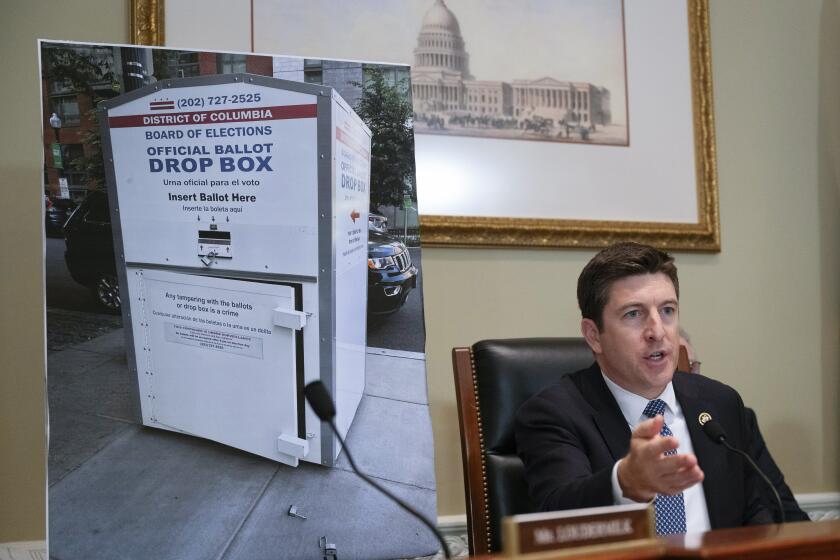A Raw Deal for Refugees
In the 1980s, Central America was awash in violence. Tens of thousands of people fled El Salvador and Guatemala as authoritarian governments seeking to stamp out leftist rebels turned to widespread arrests and death squads.
Most of the fleeing Central Americans landed on U.S. territory and sought political asylum. It was granted to only about 3% of applicants because most were judged to be “economic refugees” fleeing poverty and thus were ineligible. Critics charged that the denials were often political, prompted by the fact that these refugees were fleeing U.S.-backed governments.
In 1985, staving off deportation, the immigrants filed suit as a class, alleging discrimination against their asylum claims. Five years later, the Immigration and Naturalization Service agreed to a settlement that ensured a fair hearing on individual cases and also allowed members of the class to live and work legally in the United States while their asylum claims were pending. For seven years the claims mostly remained in limbo, and the INS’ go-slow approach prompted many class members to believe they would become eligible for suspension of deportation--a judicial remedy, short of asylum, that leads to permanent residency. To qualify, applicants would need to prove seven years of residency, good moral character and that deportation would result in extreme hardship.
However, the rules have changed again. When Congress passed new immigration laws last year, the eligibility bar was raised. Now, to avoid deportation an applicant needs 10 years of residency, good moral character and proof that parents, spouse or children who are legal U.S. residents would suffer extreme, exceptional hardship. Hardship to the immigrant is no longer a consideration. In addition, much of the time accrued in the United States by the immigrants is not counted and there are strict new limits on the number of suspensions that can be granted each year.
True, Central America’s political situation has changed and political persecution is no longer a significant issue. But these immigrants fled their countries because of upheavals in which the United States had a hand and they have built lives here; some who came as children are very American young adults. They point out that other persecuted groups, from Cubans to Vietnamese, were welcomed en masse.
The INS has issued assurances that there will be no mass deportations, no sweeps in the night for suddenly illegal Salvadorans and Guatemalans. That is helpful, but it does not lift the sword hanging over families’ heads.
Congressional supporters of the immigrants say that INS Commissioner Doris Meissner has the power to retain the older, softer rules for suspension of deportation in these particular cases. That, not a change of rules in the final inning, would be the fair way to conclude this episode.
More to Read
Start your day right
Sign up for Essential California for news, features and recommendations from the L.A. Times and beyond in your inbox six days a week.
You may occasionally receive promotional content from the Los Angeles Times.






